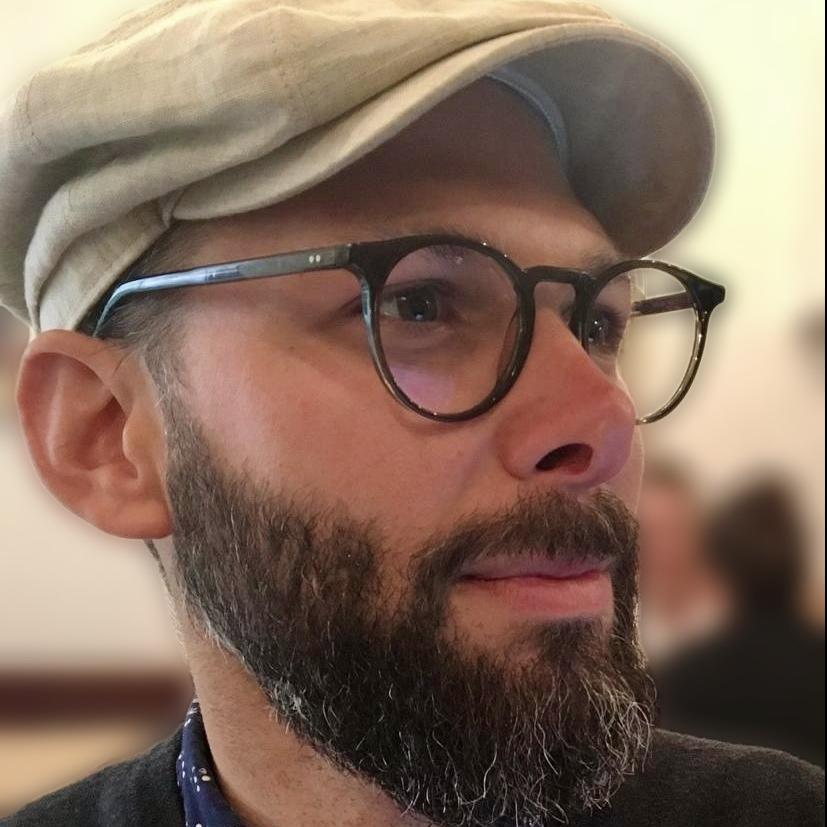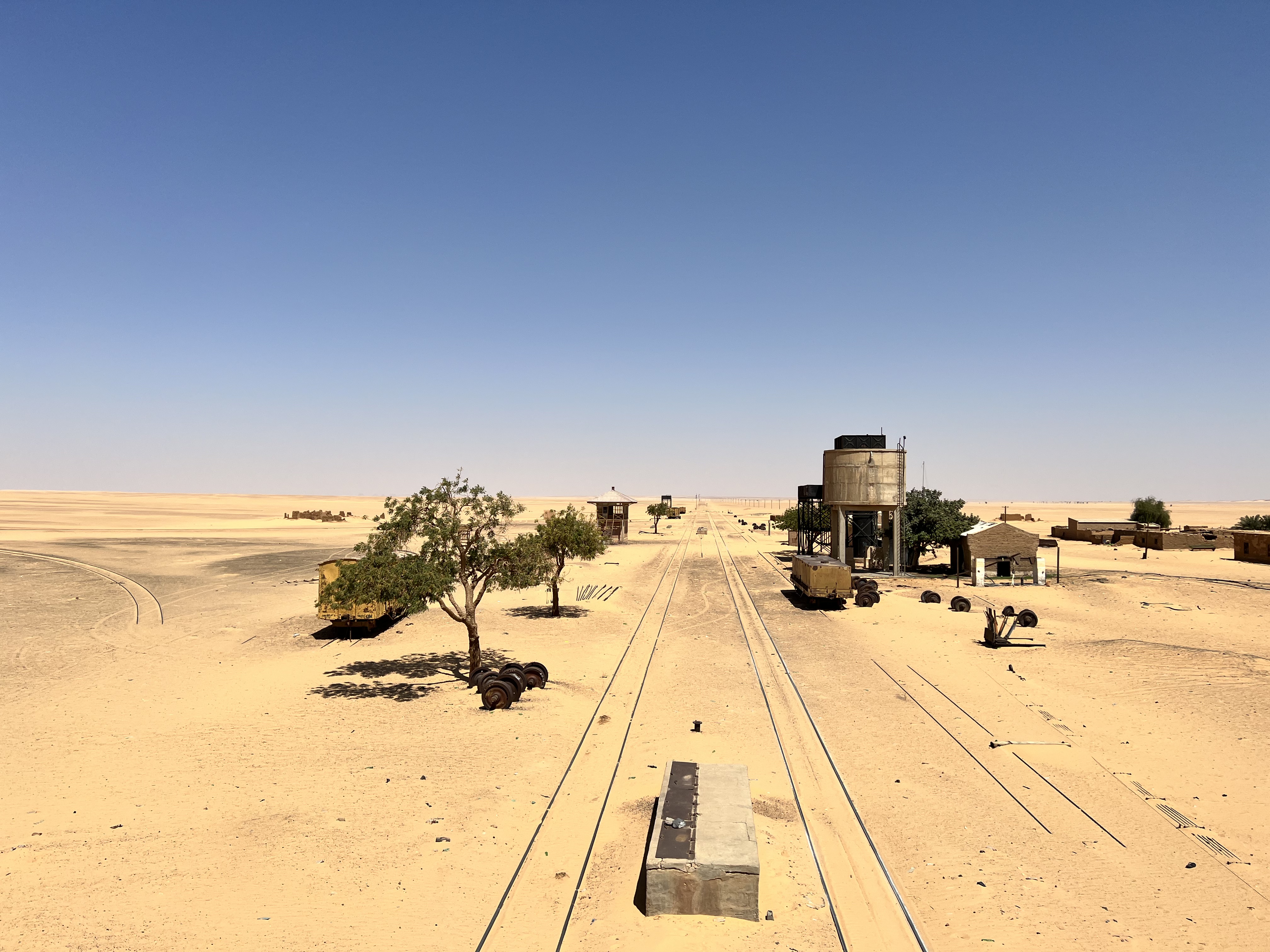Staff profile

| Affiliation | Telephone |
|---|---|
| Professor in the Department of Geography | +44 (0) 191 33 41911 |
| Member of the Institute for Middle Eastern and Islamic Studies |
Biography
In my research and writing I work closely with communities grappling with the impacts of violent conflict, emphasising creative methods and innovative collaborations.
My current research focuses on the ability of displaced communities to determine the fate of cultural heritage collections when they are denied access to ancestral land. We work with communities in Palestine and with Palestinians living in the diaspora to explore cultural sovereignty and self-determination under violent conditions of displacement, exclusion and mobility restrictions. This project, titled Occupation Debris is funded by a multi-year, large grant from the Arts and Humanities Research Council (2024-2026) and includes collaborations with museums and cultural institutions in the UK and in Palestine. This project emerges out of earlier research focused on Arab urban space in Israel after the 1948 War. It was the subject of my first book, 'Life After Ruin: The Struggles over Israel Depopulated Arab Spaces' (Cambridge University Press, 2017).
Previously, I've led a large research programme on the political and cultural history of no-man’s land. Our research documented the impact of state abandonment on lives of communities and forms of governance that serve what I describe as the "state of uncaring." This project is based on nearly a decade of research in Cyprus, Colombia, France, Palestine and Sudan, and informs my forthcoming book, 'Edges of Care: Living and Dying in No Man's Land' (University of Chicago Press, 2024).
I am committed to finding ways to make research accessible to wider audiences through creative collaborations with museums, galleries, online creative platforms, NGOs and professional bodies like the Royal Geographical Society. Portraits of No Man's Land, a series of visual storytelling, online resources and immersive documentation (VR), is the first-ever academic research project to partner with Google Arts and Culture and can be freely accessed on any device. Our work has featured in international film festivals including One World and Aesthetica.

Research interests
- Colonial & Settler Colonial Space
- Cultural and Political History
- War and Violent Conflict
- Cultural heritage
- State violence
- Middle East/North Africa History, Politics and Culture
Esteem Indicators
- 2018: Editorial Board Member, Political Geography:
- 2015: Board Member, Royal Geographical Society Political Geography Research Group:
Publications
Authored book
- Life After RuinLeshem, N. (2016). Life After Ruin. Cambridge University Press. https://doi.org/10.1017/cbo9781316584545
Book review
- Hagar Kotef. The Colonizing Self: Or, Home and Homelessness in Israel/Palestine.Leshem, N. (2022). Hagar Kotef. The Colonizing Self: Or, Home and Homelessness in Israel/Palestine. The American Historical Review, 127(2), 1062-1063. https://doi.org/10.1093/ahr/rhac089
- Bloodstains on the White City: Tel Aviv’s History of ViolenceLeshem, N. (2011). Bloodstains on the White City: Tel Aviv’s History of Violence. H-Net Reviews in the Humanities & Social Sciences, 1-3.
Chapter in book
- אנטי מחיקון : שרידות המרחב בין סלמה לכפר שלםLeshem, N. (2018). אנטי מחיקון : שרידות המרחב בין סלמה לכפר שלם. In Y. Schwartz & A. Dhamsha (Eds.), שמות מקומות וזהות מרחבית בישראל-פלסטין: יחסי רוב-מיעוט, השכחה וזכרון (Place Names And Spatial Identity In Israel-Palestine: Majority-minority relations, forgetting and memory) (pp. 141-165). Resling.
- A Rough and Charmless Place: Other Spaces of History in Tel AvivLeshem, N. (2011). A Rough and Charmless Place: Other Spaces of History in Tel Aviv. In M. Gandy (Ed.), Urban Constellations (pp. 163-167). Jovis.
- Towards a spatial history of IsraelLeshem, N., & Ronel, A. (2011). Towards a spatial history of Israel. In H. Yacobi & T. Fenster (Eds.), Memory Forgetfulness and the Construction of Space (pp. 81-105). Hakibutz Hameuchad and the Van Leer Jerusalem Institute.
- Memory Activism: reclaiming spatial histories in IsraelLeshem, N. (2010). Memory Activism: reclaiming spatial histories in Israel. In L. Burke, S. Faulkner, & J. Aulich (Eds.), The politics of cultural memory. (pp. 158-182). Cambridge Scholars Publishing.
- WitnessingLeshem, N., & Bagelman, J. (n.d.). Witnessing. In Routledge Handbook of Cultural Geographies [Contracted by publisher]. Routledge.
Journal Article
- Rethinking expeditions: On critical expeditionary practiceLeshem, N., & Pinkerton, A. (2019). Rethinking expeditions: On critical expeditionary practice. Progress in Human Geography, 43(3), 496-514. https://doi.org/10.1177/0309132518768413
- Spaces of Abandonment: Genealogies, Lives and Critical HorizonsLeshem, N. (2017). Spaces of Abandonment: Genealogies, Lives and Critical Horizons. Environment and Planning D: Society and Space, 35(4), 620-636. https://doi.org/10.1177/0263775816683189
- Re-inhabiting no-man's land: genealogies, political life and critical agendasLeshem, N., & Pinkerton, A. (2016). Re-inhabiting no-man’s land: genealogies, political life and critical agendas. Transactions of the Institute of British Geographers, 41(1), 41-53. https://doi.org/10.1111/tran.12102
- “Over our dead bodies”: Placing necropolitical activismLeshem, N. (2015). “Over our dead bodies”: Placing necropolitical activism. Political Geography, 45, 34-44. https://doi.org/10.1016/j.polgeo.2014.09.003
- Repopulating the emptiness: a spatial critique of ruination in Israel/PalestineLeshem, N. (2013). Repopulating the emptiness: a spatial critique of ruination in Israel/Palestine. Environment and Planning D: Society and Space, 31(3), 522-537. https://doi.org/10.1068/d15711
- Between Art and CatastropheLeshem, N., & Wright, L. A. (2009). Between Art and Catastrophe. Critical Quarterly, 51(2). https://doi.org/10.1111/j.1467-8705.2009.01868.x
- Drive Beirut: The work of Richard Mosse and the iconography of war in LebanonLeshem, N. (2006). Drive Beirut: The work of Richard Mosse and the iconography of war in Lebanon. Static, 3.
Monograph
- Edges of Care: Living and Dying in No Man's LandLeshem, N. (n.d.). Edges of Care: Living and Dying in No Man’s Land [Contracted by publisher]. University of Chicago Press.
Other (Digital/Visual Media)
- Leshem, Noam Beyond the Wall: Writing Conflict and History in Jerusalem. . 2012.Leshem, N. (in press). Leshem, Noam Beyond the Wall: Writing Conflict and History in Jerusalem. . 2012.
- States of Uncaring, Abandoned LivesLeshem, N. (2024, March 1). States of Uncaring, Abandoned Lives [Antipode Online].
- Unsettling 'The Settler'Leshem, N., & Bagelman, J. (2023, January 23). Unsettling ’The Settler’ [Essay]. Society and Space.

